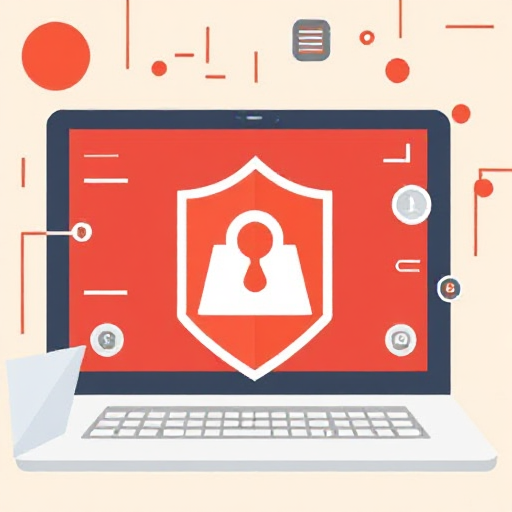
In the digital age, where nearly every aspect of our lives is intertwined with the internet, staying safe online has become more important than ever. Whether you’re browsing, shopping, socializing, or working, practicing good internet security habits can protect your personal information and help prevent cyberattacks. This guide outlines essential tips and strategies for staying safe online.
1. Create Strong and Unique Passwords
- Use complex passwords that combine uppercase letters, lowercase letters, numbers, and special characters.
- Avoid using easily guessable information like your name, birth date, or common words.
- Use a password manager to generate and store secure passwords.
- Change your passwords regularly, especially after a security breach.
2. Enable Two-Factor Authentication (2FA)
- Two-factor authentication adds an extra layer of security by requiring a second form of verification, such as a code sent to your phone or email.
- Enable 2FA on critical accounts like email, social media, and banking.
3. Be Cautious with Personal Information
- Limit the amount of personal information you share online.
- Avoid posting sensitive details like your home address, phone number, or financial information on social media or public forums.
- Review and adjust privacy settings on your social media accounts.
4. Recognize Phishing Attempts
- Be wary of emails, messages, or links that request personal information or prompt you to log in to unfamiliar websites.
- Verify the sender’s identity before clicking on links or downloading attachments.
- Look for signs of phishing, such as misspellings, generic greetings, and urgent language.
5. Use Secure Connections
- Ensure that websites use HTTPS (indicated by a padlock in the address bar) before entering sensitive information.
- Avoid using public Wi-Fi networks for sensitive transactions. If necessary, use a Virtual Private Network (VPN) to secure your connection.
6. Keep Your Software Up to Date
- Regularly update your operating system, browsers, and other software to patch security vulnerabilities.
- Enable automatic updates to ensure you don’t miss critical security fixes.
7. Install and Maintain Antivirus Software
- Use reputable antivirus and anti-malware software to detect and prevent threats.
- Regularly scan your devices for malware and viruses.
- Keep your antivirus software updated to protect against the latest threats.
8. Practice Safe Downloading
- Only download files and software from trusted and official sources.
- Avoid clicking on pop-ups or ads that prompt you to download files.
- Use caution when opening email attachments, especially from unknown senders.
9. Educate Yourself and Others
- Stay informed about common cyber threats and how to avoid them.
- Share knowledge and tips with family and friends, particularly children and older adults who may be more vulnerable to scams.
10. Backup Your Data Regularly
- Regularly back up important data to an external drive or cloud storage.
- Ensure that backups are stored securely and are encrypted if possible.
- Test your backups periodically to ensure they work properly.
11. Monitor Your Accounts
- Regularly check bank statements, credit reports, and online accounts for suspicious activity.
- Enable account activity notifications when available.
- Report any unauthorized transactions or activities immediately.
12. Be Mindful of Social Engineering
- Social engineering exploits human psychology to gain access to sensitive information.
- Be skeptical of unsolicited phone calls, emails, or messages asking for sensitive information.
- Always verify the identity of the requester independently.
Staying safe online requires vigilance, awareness, and proactive measures. By following these internet security basics, you can significantly reduce the risk of cyber threats and protect your personal and financial information. Remember, cybersecurity is an ongoing process—stay informed about emerging threats and continuously update your practices to ensure your safety in the digital world.






